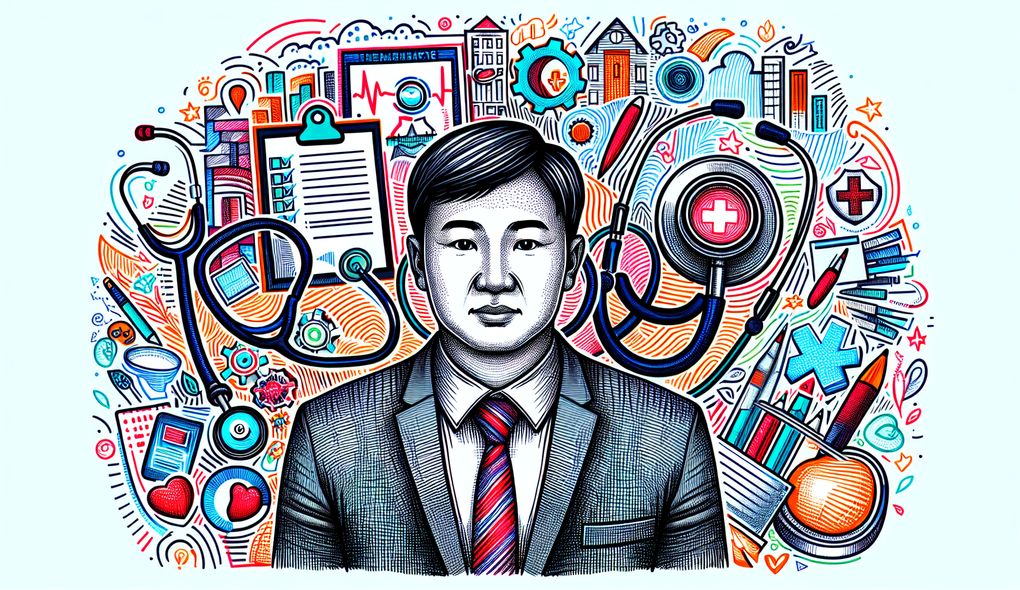What do you believe are the ethical considerations in healthcare compliance?
JUNIOR LEVEL

Sample answer to the question:
Ethical considerations in healthcare compliance are crucial as they ensure patient safety, privacy, and trust. One important consideration is maintaining patient confidentiality and protecting their personal health information. Another consideration is ensuring equal access to healthcare services and avoiding discrimination. Additionally, ethical compliance involves providing accurate and unbiased information to patients and avoiding conflicts of interest. It also includes transparency in billing practices and avoiding fraudulent activities. Lastly, ethical compliance requires healthcare organizations to establish and follow guidelines for research involving human subjects.
Here is a more solid answer:
Ethical considerations in healthcare compliance are multifaceted and require a deep understanding of compliance principles and ethics. It involves ensuring patient confidentiality by implementing comprehensive data security measures and strict access controls. Equal access to healthcare is achieved by promoting diversity and inclusion in healthcare organizations and providing culturally competent care. Ethical compliance also entails promoting informed consent and patient autonomy, respecting their rights to make decisions about their own healthcare. It is vital to establish clear policies and procedures for conflict of interest management and to regularly train staff on ethical conduct. Additionally, healthcare organizations must prioritize patient safety by implementing evidence-based practices and avoiding unnecessary risks. Overall, ethical compliance is the foundation of a trustworthy healthcare system that puts patients' well-being first.
Why is this a more solid answer?
The solid answer expanded on the basic answer by providing more specific examples and addressing the candidate's understanding of compliance principles and ethics in a healthcare setting. It discussed the importance of data security measures, diversity and inclusion, informed consent, conflict of interest management, patient safety, and evidence-based practices. However, it could still be improved by including examples of relevant regulatory standards and compliance requirements that the candidate should be familiar with.
An example of a exceptional answer:
Ethical considerations in healthcare compliance are paramount for maintaining patient trust and ensuring high-quality care. Compliance officers must adhere to a variety of regulatory standards and requirements, such as HIPAA, which protects patient privacy and establishes guidelines for data security. They must also consider the ethical implications of healthcare practices, such as avoiding unnecessary procedures or treatments that may harm patients. In addition, compliance officers play a crucial role in addressing disparities in healthcare access and advocating for equitable care for all patients. They must actively promote diversity and inclusion, both within the organization and in patient care. Another ethical consideration is maintaining transparency in financial practices, including accurate billing and fair pricing. Compliance officers also have a responsibility to monitor research activities involving human subjects to ensure ethical standards are upheld. Ultimately, ethical compliance in healthcare is about upholding the highest standards of integrity, professionalism, and patient-centered care.
Why is this an exceptional answer?
The exceptional answer provided a comprehensive overview of ethical considerations in healthcare compliance, addressing specific regulatory standards and requirements like HIPAA, the ethical implications of healthcare practices, the role of compliance officers in addressing healthcare access disparities and promoting diversity and inclusion, transparency in financial practices, and monitoring research activities involving human subjects. It also emphasized the importance of integrity, professionalism, and patient-centered care. This answer demonstrates a deep understanding of ethical considerations in healthcare compliance and aligns with the requirements of the job description.
How to prepare for this question:
- Familiarize yourself with relevant regulatory standards and compliance requirements, such as HIPAA and other applicable healthcare laws.
- Stay updated on current ethical considerations and discussions in the healthcare field.
- Consider real-world examples of ethical dilemmas in healthcare compliance and think about how you would approach them.
- Reflect on your personal values and how they align with ethical considerations in healthcare compliance.
- Practice discussing ethical considerations in healthcare compliance in a clear and concise manner to effectively communicate your understanding during the interview.
What are interviewers evaluating with this question?
- Knowledge of regulatory standards and compliance requirements
- Understanding of compliance principles and ethics in a healthcare setting

